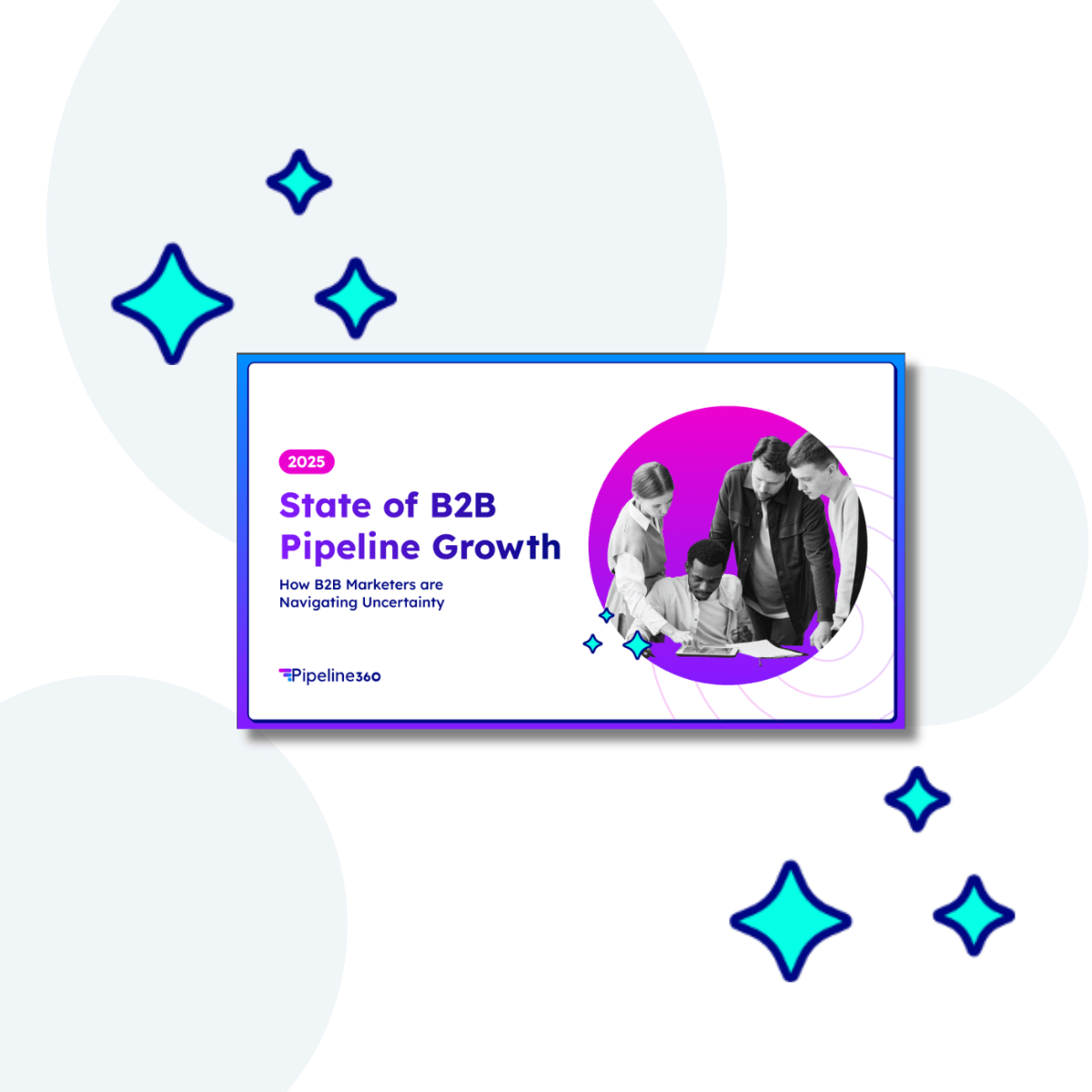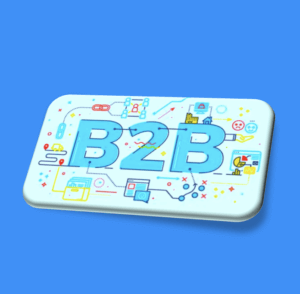In the turbulent world of B2B digital marketing and demand generation, the only constant is change. As we navigate through this rapidly evolving market, it’s essential that we anchor our strategies not just in today’s best practices but in tomorrow’s potential. The future of B2B digital demand generation is not a distant horizon—it’s here. Now. Driven by rapid technological advancements, shifting buyer behaviors, and an increasingly competitive marketplace.
First, let’s ground our conversation in a bit of reality. According to Zion Research, the Global B2B Demand Generation market was nearly $8 billion in 2023. Statista Research shows that the US market alone was nearly $4 billion. These staggering figures underscore the critical role digital demand generation plays in the B2B sales process. But what does the future hold for this vital function?
The team at Pipeline360 has been out on a roadshow, sharing insights from our State of B2B Pipeline Growth survey along with our internal data and insights. We’ve also been listening and learning, via over 100 meetings with B2B digital marketing professionals so far and the tour has just started. The combination of our research and data along with insights from our customers is giving us a unique window into the future of B2B Demand Generation. Here’s what we’re seeing.
Buyers and buying are changing. Faster than we think
We’re seeing massive changes in the demographics of B2B buyers, buying groups and the buying process. Today’s average B2B buying group is between 25-44 years old, which reflects the increasing role that millennial managers are playing in B2B purchasing. Buying committees are growing, having increased by 28% over the last 24 months alone, with the average B2B buying committee now totaling 10 participants. Research shows that the number of buying influencers has also grown, with the average B2B purchase seeing a total of 20 buyers and influencers. Buyers are now using 10+ pieces of information to research and make their purchase decisions today. B2B Buyers are increasingly demanding a digital-first experience and making over 80% of their purchase decision and brand preferences before engaging with a brand directly.
Artificial Intelligence (AI) & Machine Learning (ML) take center stage
The application of AI and ML in B2B digital demand generation is set to transform how we identify, engage, and convert prospects. These technologies can analyze vast datasets to predict buyer behavior, personalize marketing messages at scale, and optimize campaign performance in real time. Imagine a world where your demand generation tools not only recommend the best leads but also the optimal time and channel to engage them. At Pipeline360 we’ve been using AI in our marketplace for several years and are building AI functionality into our Branded-Demand solutions, which will be released later this year. AI is no longer science fiction—it’s the direction our industry is headed.
Account-Based Marketing (ABM) becomes the norm
ABM isn’t a new concept, but its adoption is poised to become a standard strategy across B2B organizations. As digital platforms become more advanced, enabling marketers to target accounts with unprecedented precision, ABM strategies will evolve from a niche approach to a foundational element of B2B marketing. Companies that master ABM will not only drive more efficient sales cycles but also build stronger relationships with their key accounts.
The rise of conversational marketing and sales
The future of B2B digital demand generation is conversational. Tools like chatbots and virtual assistants, powered by AI, are becoming increasingly sophisticated, capable of engaging prospects in meaningful dialogues. These technologies can guide buyers through the early stages of the sales funnel, providing instant responses and personalized interactions at scale. This shift towards conversational marketing and sales is a direct response to buyer preferences for quick, easy, and informative engagements. With the latest data showing that the average B2B purchase is 80% complete before a buyer engages directly with a sales rep, the rise of conversational marketing and sales tools is expected to accelerate.
Privacy and personalization in tandem
With increasing scrutiny on data privacy, B2B marketers must navigate a fine line between personalization and privacy. The future will demand innovative approaches to use data responsibly while still delivering personalized experiences. Transparency, consent, and security will become the pillars of successful digital demand generation strategies. Marketers will need to find creative ways to personalize without overstepping, using data ethics as a competitive advantage. Data privacy has shifted from a consideration to a mandate. Today’s B2B buyer is acutely aware of data privacy and compliance laws. Companies that flout these laws run the risk of brand damage as well as legal and financial ramifications.
The convergence of brand and demand
Finally, the silos between digital channels will continue to erode, leading to a more integrated and cohesive buyer journey. We’re moving towards a future where the distinction between online and offline touchpoints blurs, offering a seamless experience that aligns with the buyer’s context and preferences at every stage. This integration will require sophisticated orchestration of data, content, and interactions across all platforms, from social media to webinars, to in-person events.
In conclusion, the future of B2B digital demand generation is bright, challenging, and undeniably exciting. We stand on the cusp of a new era, where technology, strategy, and creativity converge to create unparalleled opportunities for engagement and growth. The organizations that dare to innovate, adapt, and lead in this space will not only survive but thrive in the dynamic world of B2B sales.
If you’d like to meet to learn more about our State of B2B Pipeline research and Pipeline360 Marketplace data, drop us a note at https://www.pipeline-360.com/contact-us.





